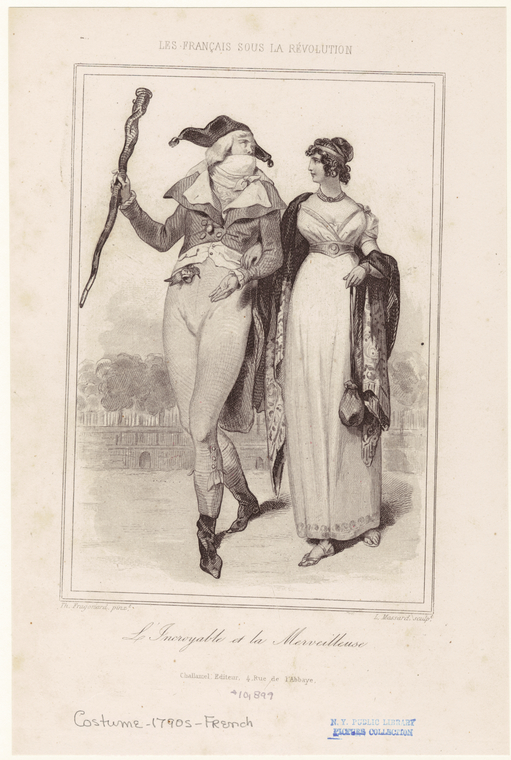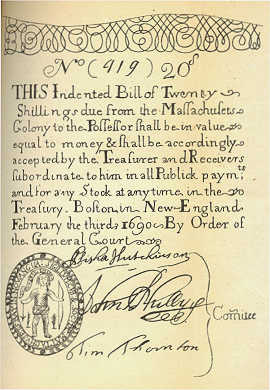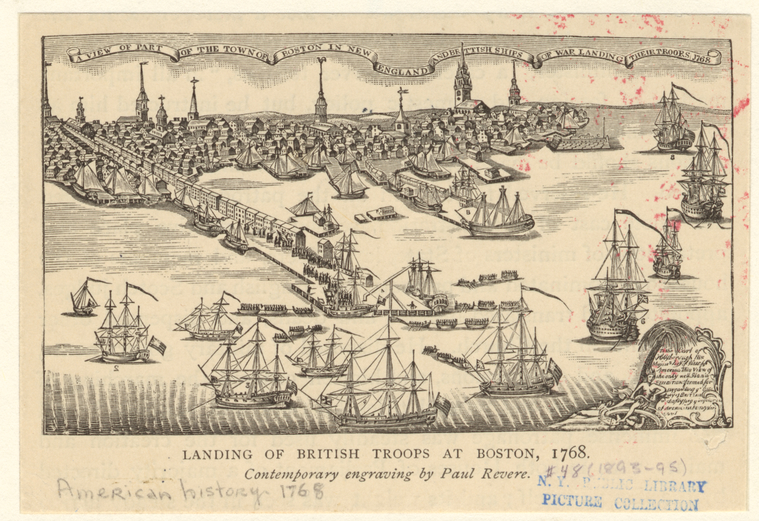"As the battle thickened, pamphleteers reached new pinnacles of abuse and scurrility. [Benjamin] Franklin was reviled as an intellectual charlatan who begged and bought honorary degrees in England, a corrupt politician, and a lecherous old man. His friends responded by labeling an opposition pamphleteer 'a Reptile' who 'like a Toad, by the pestilential Fumes of his virulent Slabber,' attempted 'to blast the fame of a PATRIOT.' William Smith, coordinator of the opposition [and an Anglican minister], was advertised to be a 'consumate Sycophant,' an 'indefatigable' liar, and an impudent knave with a heart 'bloated with
infernal Malice' and a head full of '
flatulent Preachments.' As for the Presbyterians, a Franklinite pamphleteer renamed them 'Piss-Brute-tarians (a bigotted, cruel and revengeful sect).'
The more scabrous the literature became the more widely it was distributed, often gratis, to all who would accept it. Before the campaign was over, more than thirty-five broadsides and pamphlets, not to mention scores of newspaper fusillades, filled the streets. Chief Justice William Allen, a man who had risen from sugar boiler to wealthy merchant, found himself called 'Old Drip-pan,' an adulterer who had slept with his Negro slaves for twenty years, and 'a tricking Judge, and Presbyterian Jew.' The pamphleteer David Dove stood accused of sodomy, misogyny, miscegenation, concupiscence, and the almost unheard-of flaw of teratology. William Smith was charged with spreading venereal disease to his female slaves, and Franklin too was charged with sexual irregularities." (179-180) --Gary B. Nash,
The Urban Crucible: The Northern Seaports and the Origins of the American Revolution
 |
William Smith
From: University of Pennsylvania
Archives & Records Center |
This all occurred in the months leading up to an October 1764 election in Pennsylvania. Franklin was allied with the Quaker elite in seeking to transfer Pennsylvania government from proprietary to royal control. Believe it or not, the Pennsylvania colony at this late date still existed for the personal profit of William Penn's descendants, including Thomas Penn. Penn insisted on his proprietary right to not pay property taxes on the large quantities of Pennsylvania land he owned--this at a time when the colony was having difficulty paying its debts from the French and Indian War. Franklin's solution to the problem of proprietary control was to transfer control of the colony's government to the king.
The early 1760s was a poor time for Franklin to attempt this as Pennsylvania colonists were suffering under the harsh economic effects of many imperial policies, not to mention of post-war depression. There was talk of a new stamp tax (the Stamp Act was passed in 1765); the Currency Act (1764) had just prohibited Pennsylvania from circulating paper money to help pay its war debts; violators of the Navigation Acts (viz., smugglers) were now being prosecuted from a distance by British judges, not local juries; and British battleships were stationed in the lower Delaware Bay tasked with searching for smuggled goods. All of these royal measures brought even more economic hardship to Philadelphia (described on p.179 of Nash's book). This was not the most ideal time for Franklin to propose a transfer of Pennsylvania government to royal control! But we can thank Franklin for inspiring some of the most entertaining political nastiness to ever exist (to my knowledge anyway; how could it get any worse?!).
*By the way, if you're wondering what "
teratology" means, according to Dictionary.com: "the science or study of monstrosities or abnormal formations in organisms."




